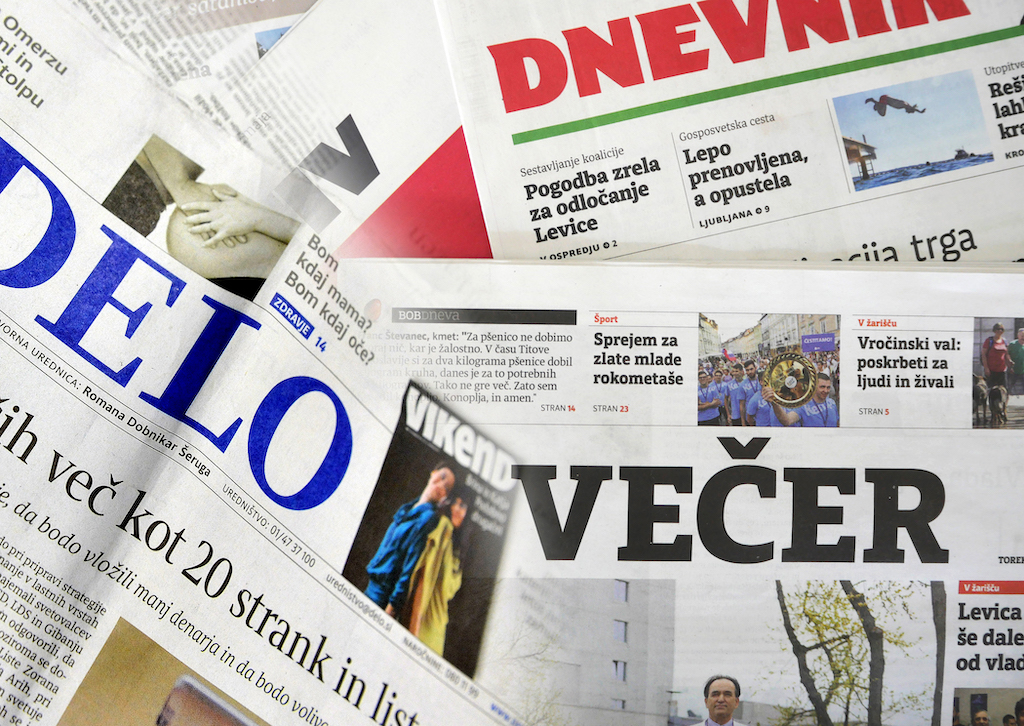By: Gašper Blažič
It is no secret that, alongside the ruling coalition, the ever-compliant “journalistic profession” envisions media operations entirely in the style of the system we had in former Yugoslavia. Given that the first attempt to implement new media legislation tailored to the tastes of “Čebine Princess” Asta Vrečko – let’s recall, this proposal aimed to assist media tycoons with state funds – has failed, the so-called media profession is now demanding state intervention.
Apparently, the latest wave of layoffs at Delo and Večer, which are part of the Petrič and Odlazek media empires, was the final straw. Despite existing media-political monopolies, new trends in the media sector – particularly the rise of social networks and declining interest in print newspapers – have led to difficulties for certain media outlets, as they have failed to meet market demands. In other words, the market has responded negatively to their political and special-interest agenda, leading to declining public interest and, consequently, lower revenue.
However, well-known professor Dr Sandra Bašič Hrvatin – formerly married to the controversial artist Emil Hrvatin, who, along with two colleagues, changed his name to Janez Janša – of the Faculty of Social Sciences (FDV) still hopes and expects that the state will step in to rescue struggling traditional media like Večer and Delo. In other words, taxpayers would cover their losses and artificially keep them alive through subsidies.
“Now is the time to act; we must protect opportunities for journalistic work, and this is the duty of the state,” she stated in an interview for MMC RTV Slovenija. According to her, the Ministry of Culture is the only institution responsible for ensuring public interest in the media sector and should not merely “prohibit”, but rather actively shape policy. “And an active media policy means determining what Slovenia needs in the media sector and then financing it. We pretend that money is not the key issue. Quality media content and media must be paid for; and if the market cannot provide it on its own, the state must intervene.” She also mentioned that some foreign countries have introduced a so-called digital tax to provide additional funding for domestic media, taxing major platforms like Google and Facebook and redirecting that money to content creators.
It is worth remembering that the legendary Zagreb newspaper Vjesnik ceased operations back in 2012. However, their greater concern now appears to be that artificial intelligence will start writing articles – something already happening at an Italian newspaper. While this is not an encouraging trend, regime media have clearly assumed they could retain a broad readership through propaganda alone. At RTV Slovenija, the state subsidy model already functions through the RTV contribution, but now there is talk of introducing a tax to fund media deemed “of national importance”. It likely will not be long before such a proposal finds its way to the National Assembly…

